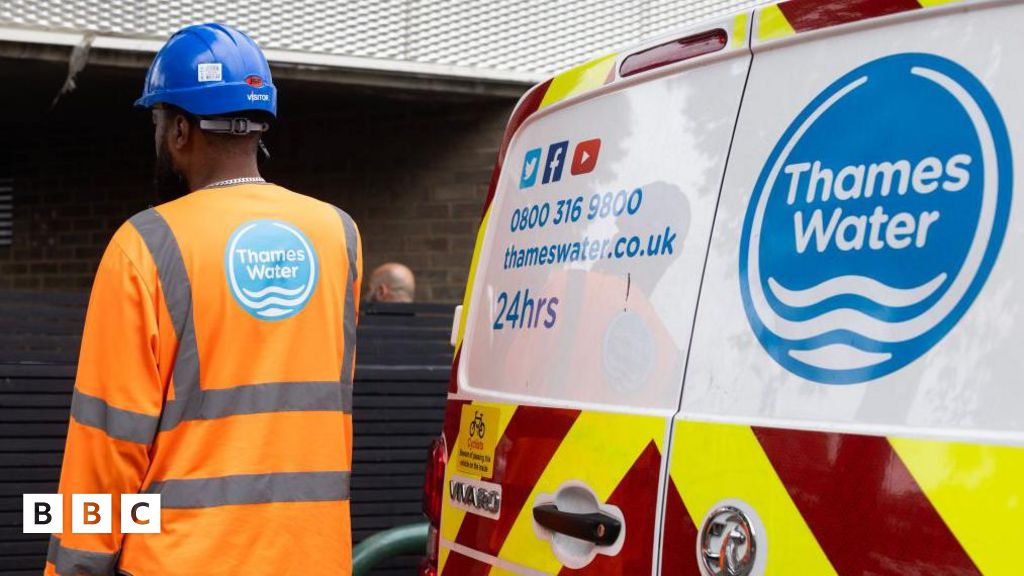The water company that supplies clean water and removes waste for a quarter of the UK is, quite simply, drowning in debt.
When the company was privatised in 1989, it had no debt. But over the years it borrowed heavily and is currently £15.4bn in debt.
A large proportion of that was added when Macquarie, an Australian infrastructure bank, owned Thames Water, reaching over £10bn when the company was sold in 2017.
Macquarie said that it invested billions of pounds in upgrading Thames’s water and sewage infrastructure, but critics argue that it took billions of pounds out of the company in loans and dividends.
Macquarie sold to Kemble, which is now the ultimate owner of Thames Water. Kemble is owned by some of the biggest pension and sovereign wealth funds in the world, but recently defaulted on debt payments, meaning it is now effectively insolvent.
That matters because it was supposed to pump more than £3bn in new money into Thames.
In March, Kemble shareholders halted a £500m down-payment on that promised cash injection when regulator Ofwat rejected plans to raise customer bills by 40% above inflation over the next five years.
Thames has now gone back to Ofwat with a new proposal, including higher spending on environmental measures.
The firm says it has enough money to keep ticking over till next May, but at some point Thames will need a fresh cash injection.
Regardless of what happens, water supplies to Thames Water’s customers will continue as normal.

